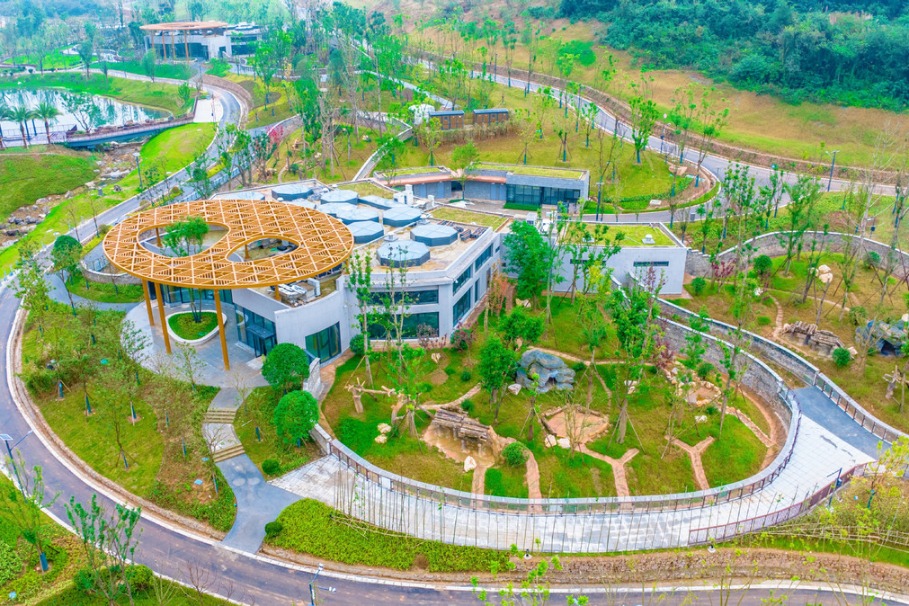Revised compensation mechanism to cover wider set of stakeholders

China has revised its regulations to better compensate for people's losses caused by the operation of flood storage and detention areas, a move lauded by officials and experts.
Based on the original version of the regulations, which were issued in 2000, only residents who hold permanent household registration in the affected areas were able to receive compensation.
The revision, adopted by the State Council last month, expands the range of eligible entities to include agricultural producers planting crops or raising animals in flood storage and detention areas and those who own housing in the areas.
Wang Rongxi, head of Anhui Provincial Department of Water Resources, said the change reflects the principle of fair compensation, and adapts to the new trend in the development of agriculture.
Many people and companies from outside have moved into flood storage and detention areas, and obtained land rights there to engage in large-scale planting and animal raising, Wang said in an article published on the website of the Ministry of Water Resources.
On the other hand, some people who used to live in these areas have moved their household registration to other places, while still owning housing in the areas, Wang said.
Under the original regulations, government compensation for flood storage and detention wouldn't cover these entities.
The revision made it clear that the central government covers 70 percent of the compensation funds, and the provincial-level government that manages the flood storage and detention areas impacted by floods is responsible for the rest.
Following the use of a designated area, losses must be verified and a compensation plan submitted for State Council approval after review by provincial-level governments and State Council departments.
For flood storage and detention areas that suffer significant losses, the revised regulations allow provincial-level governments to apply for partial compensation in advance, before the plan undergoes full review by State Council authorities.
Qian Feng, deputy director of the Research Center on Flood and Drought Disaster Prevention and Reduction of the Ministry of Water Resources, said the revision has significantly shortened people's waiting time for compensation.
"This shows the people-centered development philosophy," Qian said in an online article. "Through optimizing the rules, the revision reduces the impact (of floods) on people's work and life to the greatest extent."
In China, there are 98 national flood storage and detention areas, taking up 34,000 square kilometers and having a total capacity of 109 billion cubic meters, Qian said, adding that these areas have played an important role in the country's response to major floods.
The revision said local governments can entrust professional organizations and let them participate in work to verify losses.
The country encourages and supports launching flood insurance schemes in flood storage and detention areas, and encourages insurance companies to offer quick settlements and make advance payments.
These measures will improve the efficiency of the compensation process while ensuring the verification work is accurate and conforms to standards, Qian said.
- Tianwen 1 Mars orbiter captures rare images of interstellar comet 3I/ATLAS
- Qilihai Wetland in North China reports record bird counts, earlier migration
- Milu deer at Qingtongxia Reservoir Wetland Nature Reserve in Ningxia
- Implementation of 15th Five-Year Plan to offer more opportunities for Taiwan people, businesses: spokesperson
- Xi Story: CIIE, an embodiment of Xi's vision of opening-up
- Technological self-reliance gains support




































